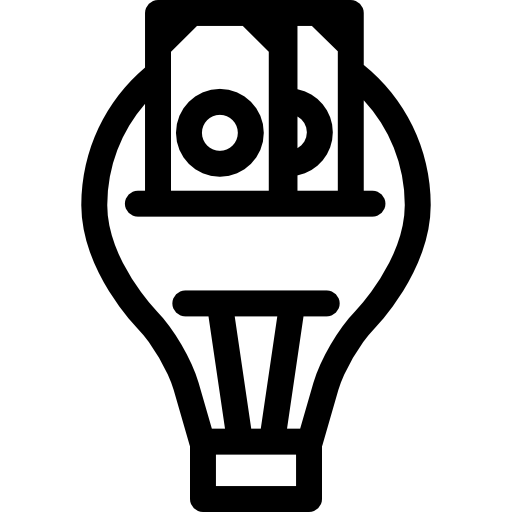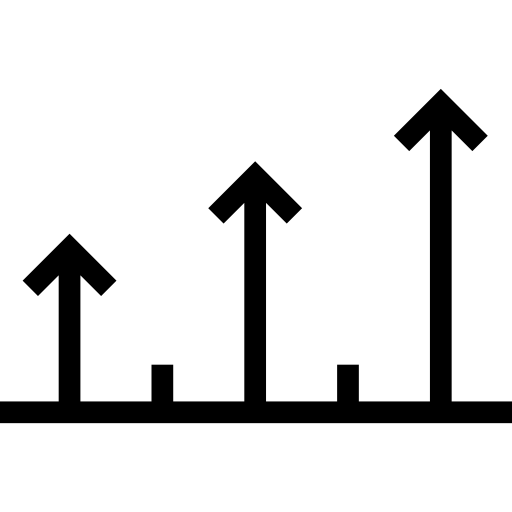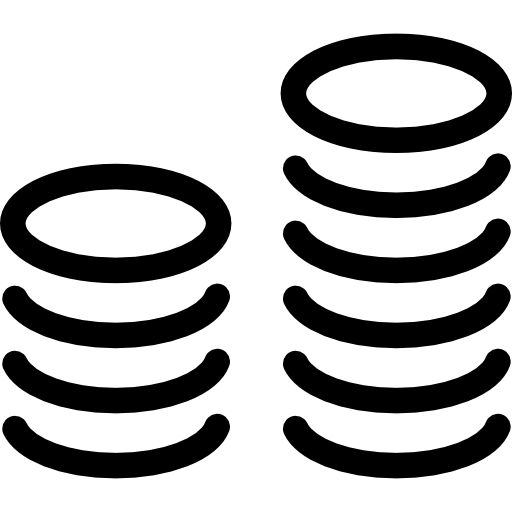
Starting date : May 2017 > Apr.2020
Lifetime: 36 months

Program in support : BBI-RIA (Bio Based Industries –
Research and Innovation Action)

Status project : complete

CEA-Leti's contact :
Florence Ricoul

Project Coordinator: CEA-Tech PACA (FR)
Partners: - DE: Karlsruher Institut für Technologies, Subitec
- FR: CEA, Microphyt, Proteus, Sensient
- PT: Algae 4 Future
- SP: Conseja Superior de Investigaciones Cientificas
- UK: Scottish Association for Marine Science

Target market: n/a

Investment: € 5.1 m.
EC Contribution: € 4.6 m.

| Stakes
- Within the ABACUS project scope, CEA-Leti is responsible for sensor development, adaptation and integration for precise monitoring and control of the algal bioproduction process. Three different sensing platforms were developed during the first 18 months of the project:
- A multiparameter electrochemical platform, based on Ion Selective Electrodes (ISE) for in-situ monitoring of crucial ionic nutrients (nitrate, phosphate and ammonium) involved in optimizing culture conditions. An acquisition card, combined with a software interface and a fluidic chamber enabling static or dynamic measurements of the algal process, have also been designed.
- A stand-alone optofluidic system automatically measuring culture medium optical density at four different wavelengths (880nm, 750nm, 680nm and 474nm) along with an automated dilution process for estimating algae concentration during growth and production of selected molecules.
- An gas chromatography-based analytical system with a miniaturized micro-preconcentrator and micro TCD for detecting volatile terpenes in the gas phase.
- Validation using model samples was carried out in all cases. In the coming months, tests are planned with real samples under real operating conditions; these will allow fully evaluation of sensor performance.
ABACUS brings together two major industries, three algae SMEs and four RTOs. It focuses on business-oriented, technology-driven development of a new algal biorefinery. This will bring to the market innovative algae-based ingredients for high-end applications ranging from algal terpenes for fragrances to long-chain terpenoids (carotenoids) for nutraceuticals and cosmetic actives. One key objective of ABACUS is to obtain more than 10% photosynthates of its targeted terpenoids. To achieve this, ABACUS selects and optimizes unique algae strains from 4 large culture collections owned by the project partners. ABACUS also focuses on optimizing cultivation stages and mastering production of target products by online monitoring and automated control of photobioreactors with the development of specific sensors for terpenes and for the parameters relevant to terpene production (light, PO2, PCO2, nutrients). The project investigates the process fractionation steps to provide green low-cost downstream processing with a view to reduce operating costs of the entire production line. Life cycle analysis and techno-economic analysis are fundamental guidelines of ABACUS’s developments to ensure that technologies and products are economically and environmentally sustainable. Applicability of targeted ingredients is assessed by the industrial partners (SMEs and large industries with established access to markets) in relation to cosmetic and nutraceutical applications. ABACUS aims to demonstrate biorefining processes allowing valorizing up to 95% of the algal biomass into high value ingredients and by-products. EU standards and market regulations related to innovative bioprocesses and new ingredients are reviewed to demonstrate the acceptability of the ABACUS biorefinery. The project’s prime advantage lies in its business-oriented work plan, which brings together key players throughout the product development chain and integrates cutting edge technologies for efficient growth and fractionation of microalgae.
IMPACT
Microalgae are fast-growing photosynthetic organisms that are able to double their biomass twice a day without applying pesticides, herbicides or fungicides. Moreover, they can produce target high added-value molecules, when carefully selected and efficiently directed during growth, through controlled induction using selected nutrients (nature and concentrations) and controlled physicochemical stress. The ABACUS project aims to position an European algal biorefinery beyond the state of the art through development of advanced bioreactors that provide full control of the bioproduction chain. Its goal is to design innovative fractionation technologies that allow high-yield algal bioproductions.
While CO2 trapping by algal bioproduction remains minor, “green” production of complex high added-value chemicals using biorefineries is strategic in the context of global warming.
From the CEA-Leti standpoint, development of new sensing platforms (electrochemical, optofluidic, μGC) extends the Institute’s offer in the field of process monitoring sensors. Interestingly, the ABACUS project paves the way towards CEALeti’s further involvement in bioproduction, which was declared a strategic market by the French government in 2019.
|
|